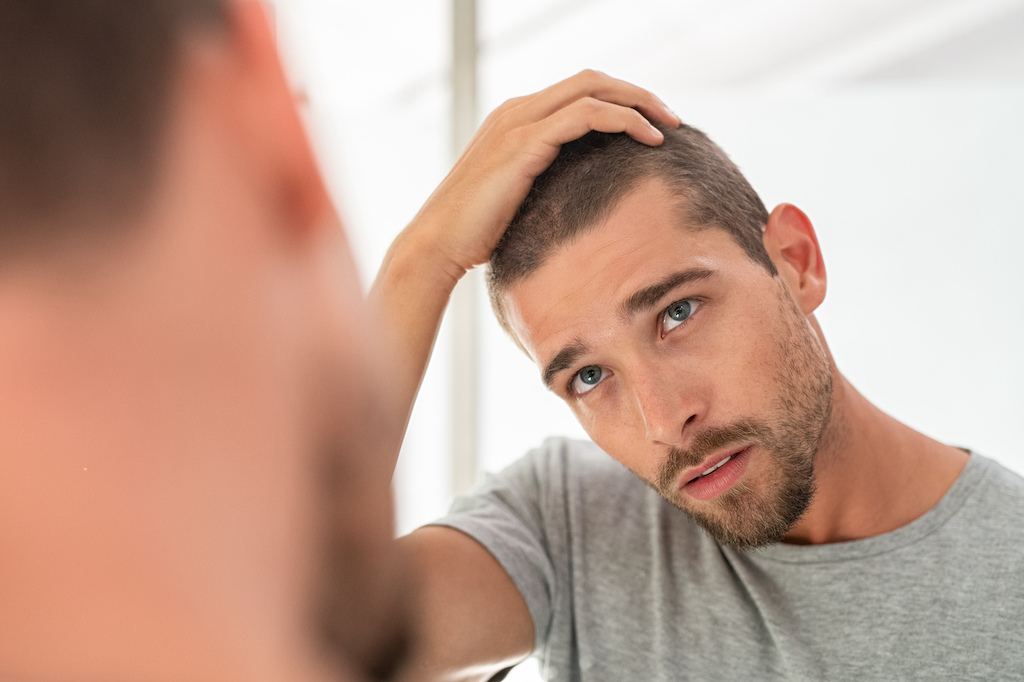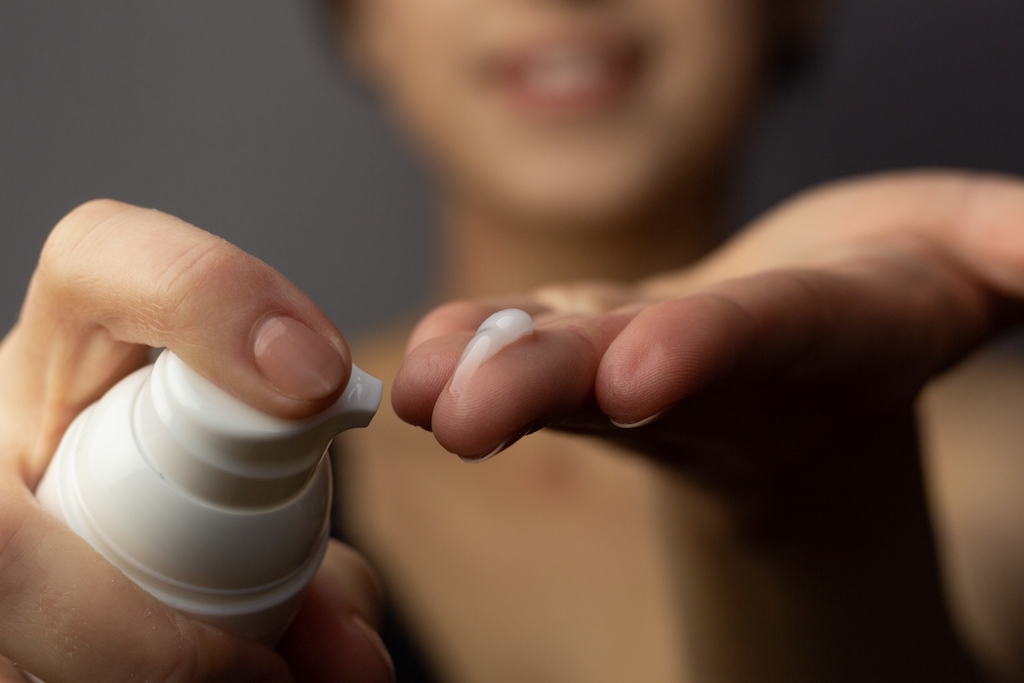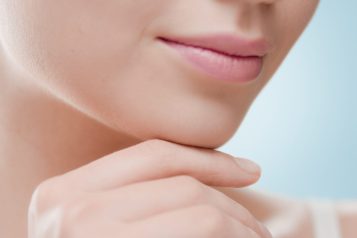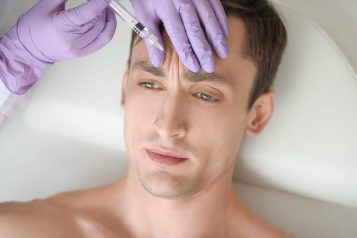Dr. Melissa Toyos is an oculofacial surgeon specializing in FUE (follicular unit extraction) hair and eyebrow transplantation, CO2 facial resurfacing, and sculpting faces with injectables. A summa cum laude graduate and board-certified Ophthalmologist, she is a partner at Toyos Clinic and formerly was a partner at one of the largest eye care practices in the country. Dr. Toyos is a national researcher and lecturer. She trains other doctors on surgical techniques as well as cosmetic procedures. Her clinical research has been instrumental in many FDA approvals. She is the former President of the Missouri Society of Eye Physicians and Surgeons. She has held various leadership positions with the AAO. Dr. Toyos has served as a mentor to young female surgeons, helping them understand how to balance a career and motherhood.
 Photo Credit: Shutterstock
Photo Credit: Shutterstock
Hair loss comes from many causes: COVID, stress, and just plain aging. Everyone knows that chemotherapy agents can cause hair to fall out in clumps but most don’t know that there are medicines in your medicine cabinet right now that are secretly causing your hair to thin.
Hair loss related to medications is called drug-induced alopecia and is more likely to cause hairs to become less dense, especially on the top of the scalp. It may also cause the hair to hold less tightly to the scalp so that you notice more hair than normal on your pillow. Here are the four medications that Haute Beauty expert Dr. Melissa Toyos notes as hair thinning medications:
1. Birth control pills
A little bit of a wild card here, oral contraceptives can cause both hair loss and hair growth. The estrogen in them stimulates hair growth by keeping hair in the active growth phase for longer, while the progesterone has androgenic activity making it act more like the male hormones that cause hair loss at menopause. The truth is, all hormones can affect hair growth and loss to some degree, the key is finding the right balance of hormones to suit your needs.
2. Anti-depressants
Although it is not the most common side effect of these medications, hair loss is a possibility for all anti-depressants. Anti-depressants can cause hair roots to be prematurely pushed into the resting state and can act as a shock or illness to the system. Studies show that Wellbutrin is the most likely to cause problems and Prozac and Paxil are the least likely to offend (Etminan, 2018). Make an appointment with your doctor if you are on these medications and have concerns.
 Photo Credit: Shutterstock
Photo Credit: Shutterstock
3. Retinoids
Yep, you read that right – the staple of anti-aging tretinoin gels and creams has been associated with reversible hair loss. Used in conjunction with topical minoxidil to boost the efficacy and penetration into the scalp, some studies show that it can have a reverse effect when taken in excess as with oral Vitamin A supplements and Accutane, used to treat acne.
4. Nonsteroidal medications
More commonly seen in the stronger anti-inflammatory medications like methotrexate or even the commonly used Mobic or meloxicam but a risk with all non-steroidal and steroidal medications like Advil.
Can you stop or reverse the hair loss? In most cases, stopping the medication is enough to reverse the hair loss but the results aren’t instantaneous. People can see new growth within 3-6 months but it may take up to 18 months to see a full recovery. Never stop a medication without speaking to your doctor and remember there are solutions to hair loss like minoxidil, finasteride, light caps, and transplants if needed!
For more information, visit Dr. Brian A. Levine's social media:

























